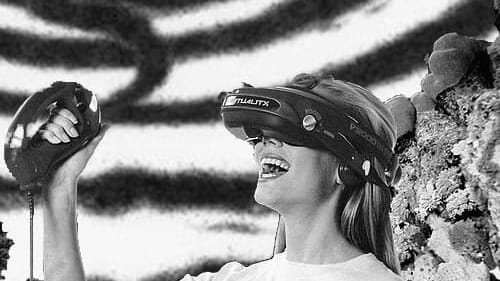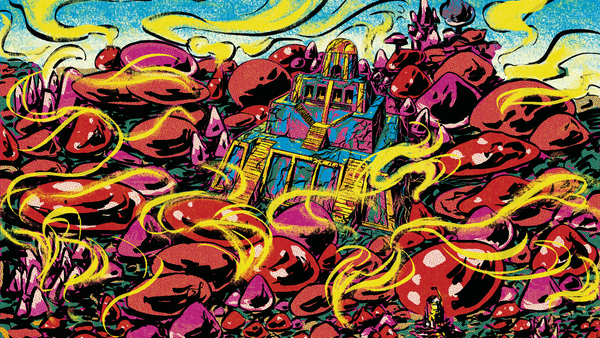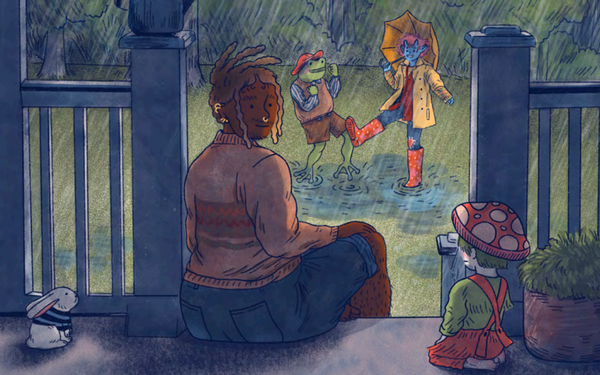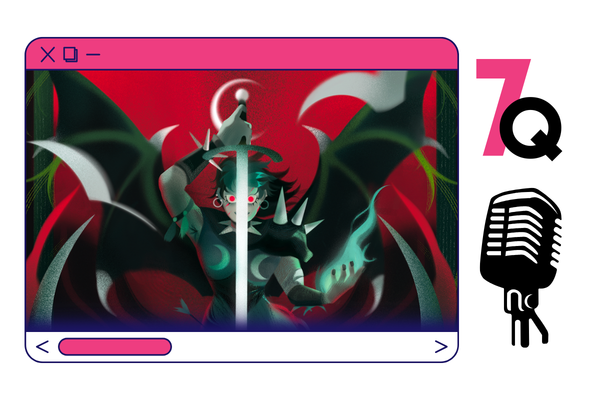Witch Hunt 1649 and Making History: A Double Feature from CMich Press
Explore history through memory and mistrust in two powerful tabletop games. Launching July 8th on BackerKit.
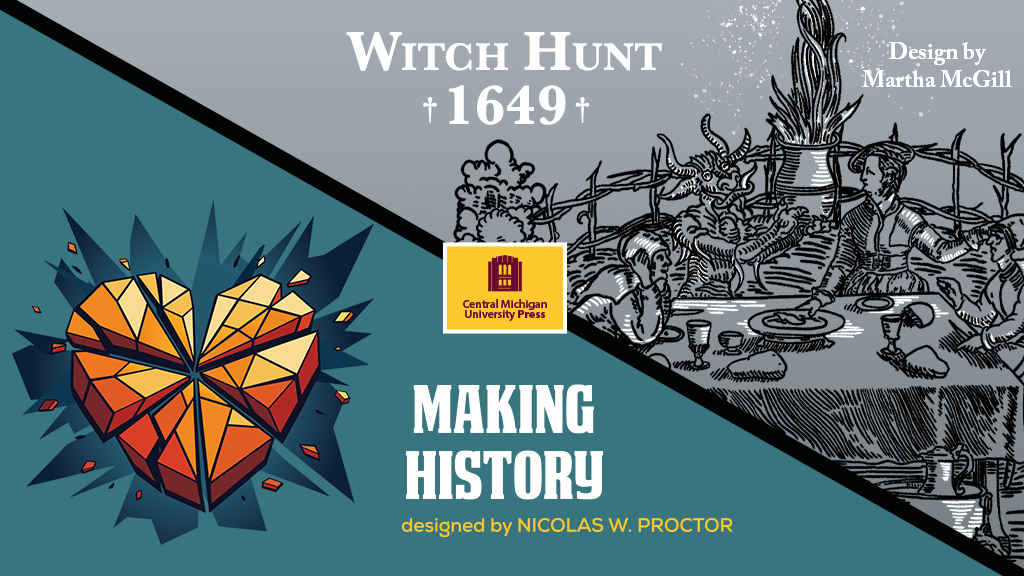
Play a hand in the creation of history.
Making History and Witch Hunt 1649 are two innovative tabletop games from Central Michigan University Press united by a central question: how do we know what we know about the past? These titles challenge players to navigate fractured narratives and make high-stakes decisions. Launching July 8th on BackerKit, this double release offers an eye-opening experience for anyone who has ever questioned the stories handed down through time.
Support the campaign on BackerKit!
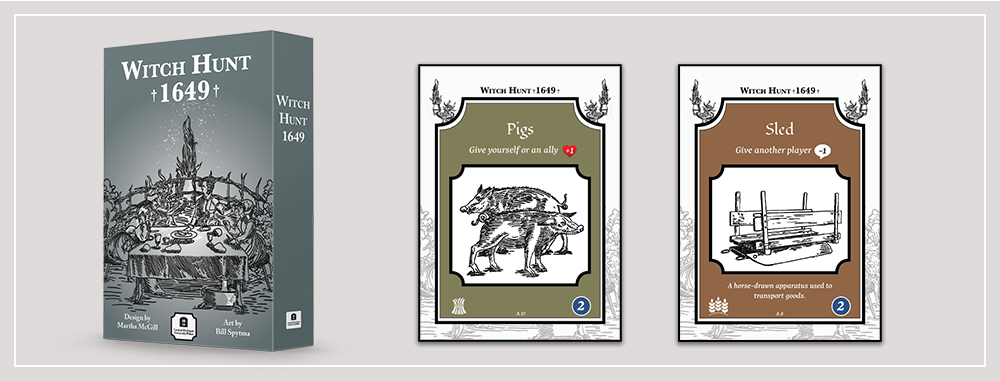
Witch Hunt 1649
“We are come to the dregs of days, where it is counted virtue to point out the imperfections of our brethren.” - Zachary Boyd, 1629
In Witch Hunt 1649, designed by Dr. Martha McGill, players are villagers in a fictional Scottish town caught in the midst of a 17th-century witch trial panic. Secret alliances, escalating fear, and the threat of accusation shape each turn. Players work in pairs to manage their reputations, collect resources, and protect or betray one another. With set collection card mechanics and immersive world-building, the game evokes the paranoia and complexity of early modern justice systems.
McGill says, “My aim in designing Witch Hunt 1649 was to make a fun, accessible game that could inspire serious reflection. Players grapple with challenges such as bad harvests, unruly livestock, disputes with neighbors and outbreaks of the plague - all while rumors of witchcraft intensify. The game seeks to promote understanding of the witch-hunts and empathy for the victims, as well as showcasing snippets from some of the rich and fascinating historical records.”
Witch Hunt 1649 runs 20-60 minutes, with 2-7 players over 14.
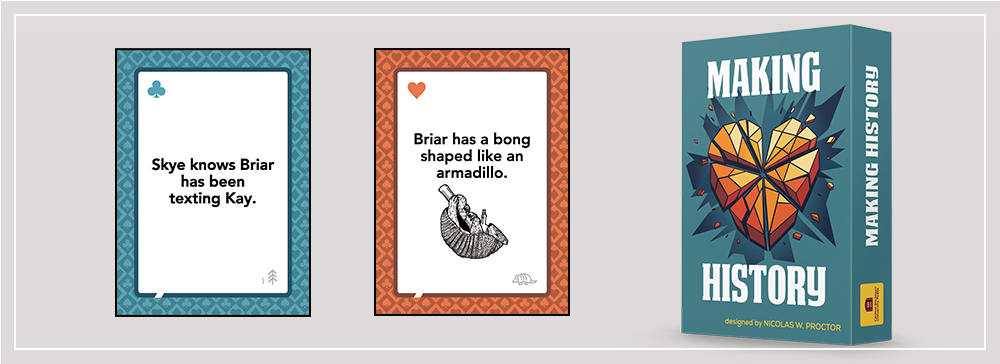
Making History
“Did you hear about what happened with Briar and Skye?”
“Yeah, I’ve heard they’ve got some ‘history’...”
In Making History, created by Dr. Nicolas W. Proctor, players act as historical investigators trying to reconstruct the messy end of a campus relationship. What happened between Briar and Skye? Using conflicting “Evidence Cards” containing "facts” about the breakup, players collaborate and compete to assemble conflicting versions of events.
Proctor says, "I designed this game to show students that history is a messy process of constructing meaning from incomplete and biased sources. It uses a familiar scenario to explore big ideas like subjectivity, causation, and narrative, without the intimidation of a traditional academic text."
No two games end the same, and no story is ever complete. Making History runs 50-75 minutes, with 4-40 players over the age of 14.
Both games are quick to learn and highly replayable. Making History and Witch Hunt 1649 ask players to engage deeply with the construction of truth...and the cost of getting it wrong.


